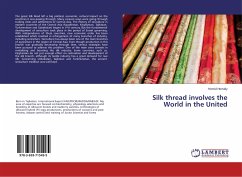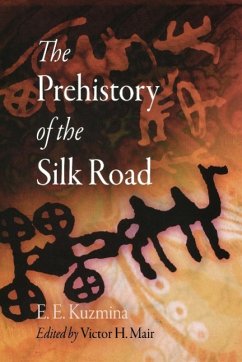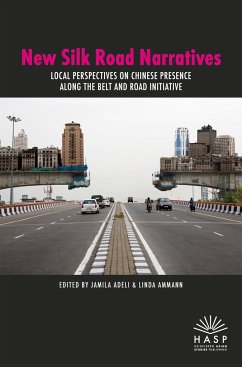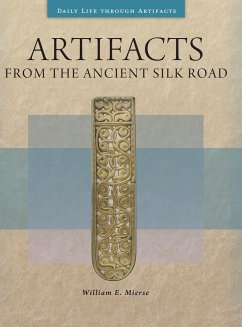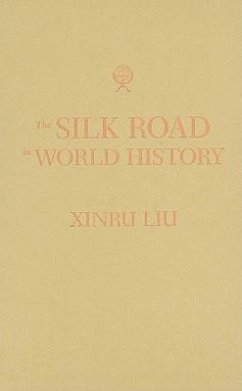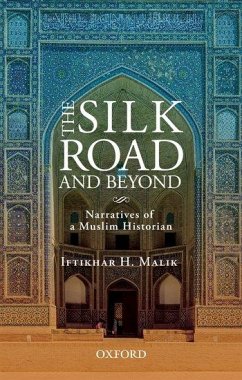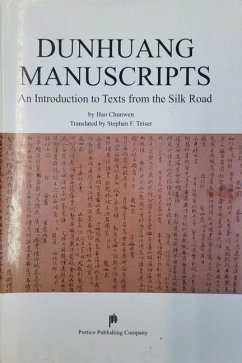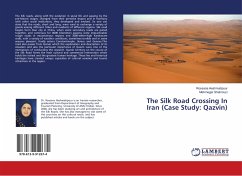
The Silk Road Crossing In Iran (Case Study: Qazvin)
Versandkostenfrei!
Versandfertig in 6-10 Tagen
36,99 €
inkl. MwSt.

PAYBACK Punkte
18 °P sammeln!
The Silk roads, along with the evolution in social life and passing by the pre-historic stages, changed from their primitive shapes and in harmony with other social institutions, they developed and evolved. So one can state that the roads, short and long, were used to exchange a variety of goods among different tribes and residents of different regions. Silk road begins form Xian city in China, when some secondary roads are joined together, and continues for 8000 kilometers passing some impracticable rough roads in mountainous regions and 3000-meter-high Karakoram walls, with a variety of weat...
The Silk roads, along with the evolution in social life and passing by the pre-historic stages, changed from their primitive shapes and in harmony with other social institutions, they developed and evolved. So one can state that the roads, short and long, were used to exchange a variety of goods among different tribes and residents of different regions. Silk road begins form Xian city in China, when some secondary roads are joined together, and continues for 8000 kilometers passing some impracticable rough roads in mountainous regions and 3000-meter-high Karakoram walls, with a variety of weather conditions, sometimes terrible and in some seasons pleasant, finally enters Constantinople, Venice and Geneva.This road also passes from Qazvin which the explanation and description of its situation and also the particular importance of Qazvin were one of the motivations of conducting this research. Qazvin territory on the course of the Silk Road forms the main cultural and commercial intersection which holds the richest and the greatest human heritage. These live and historical heritages have created unique capacities of cultural varieties and tourist attractions in the region.





